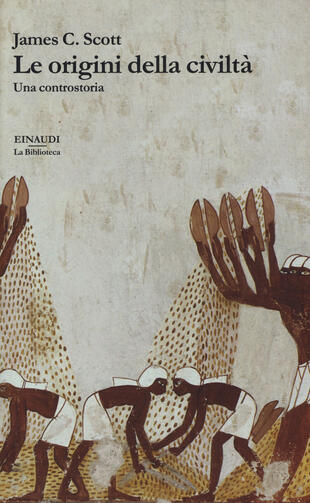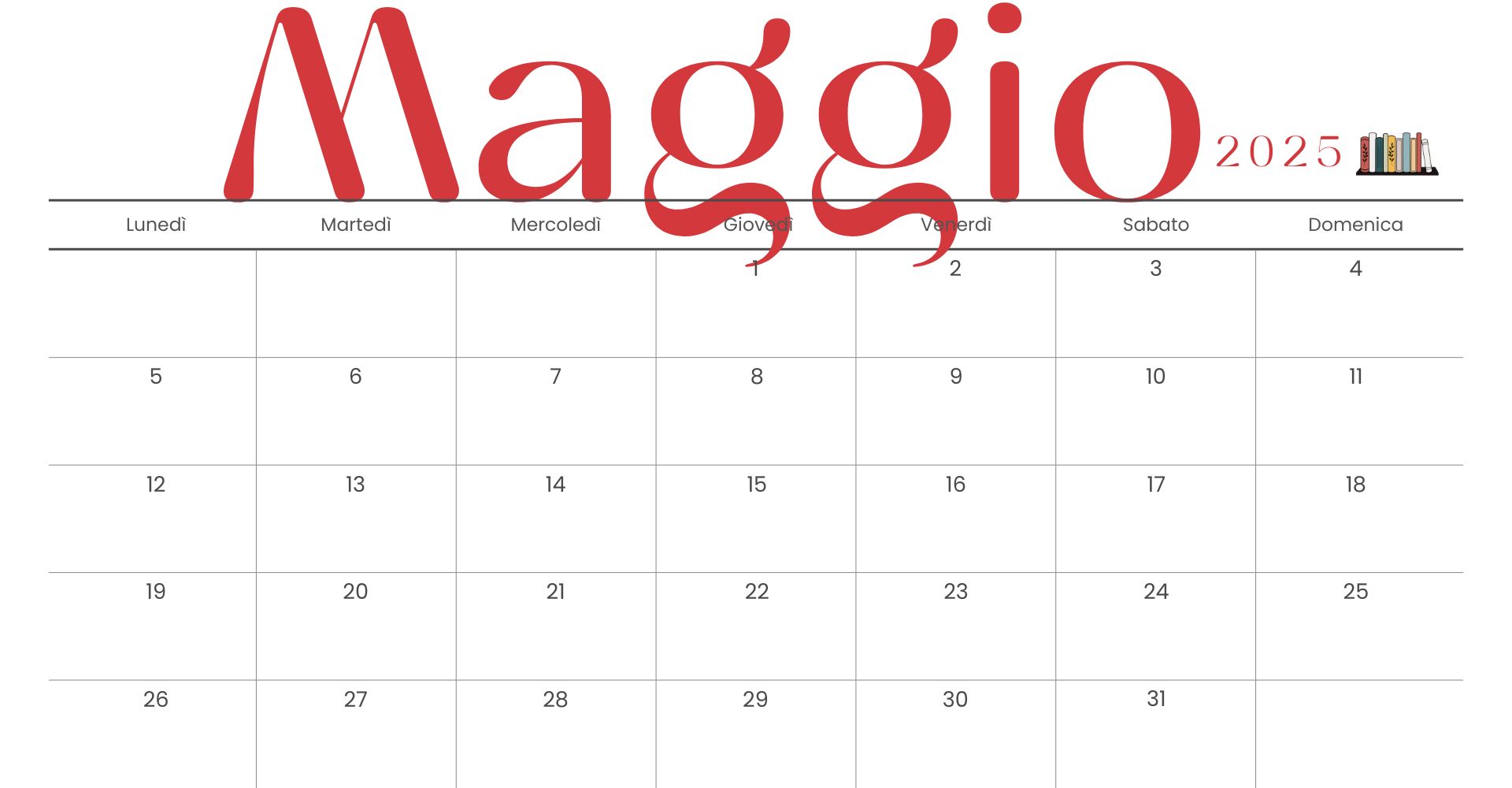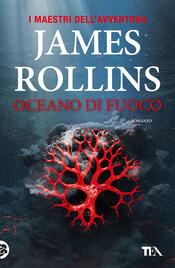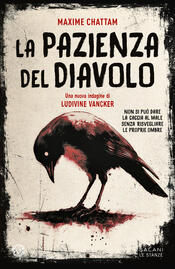

Sinossi
La maggior parte della gente crede che la domesticazione degli animali e la coltivazione abbiano alla fine permesso agli esseri umani di stabilirsi, formando villaggi, città e stati agrari, rendendo così possibile la civiltà, la legge, l'ordine pubblico e un modo di vivere presumibilmente sicuro. Tuttavia, le prove archeologiche e storiche mettono in discussione questa narrazione. I primi stati agrari nacquero da un accumulo di domesticazioni: prima del fuoco, poi delle piante, del bestiame, ma anche delle persone assoggettate allo stato, dei prigionieri e infine delle donne all'interno della famiglia patriarcale, tutti elementi che possono essere considerati un modo per ottenere il controllo sulla riproduzione. James C. Scott analizza il motivo per cui per un periodo l'uomo evitò la sedentarietà e l'agricoltura con l'aratro, sfruttando i vantaggi della sussistenza mobile; considera le epidemie di malattie imprevedibili derivate dalla concentrazione di piante, animali domestici, granaglie; e spiega perché tutti i primi stati si basarono su miglio, cereali e schiavismo. Affrontando infine il tema della vita al di fuori dello stato, la vita dei «barbari», spesso piú facile, libera e sana di quella all'interno della civiltà.
- ISBN:
- Casa Editrice:
- Pagine: 260
- Data di uscita: 25-09-2018
Recensioni
Can't stress enough how important it is for progressives/leftists to engage with James C. Scott's work. He's done more than probably anyone to shift my understanding of how states operate and their effects on their subjects, on ecosystems, and on nonstate peoples—the three of his books I've read hav Leggi tutto
James C. Scott teaches political science and anthropology at Yale. He’s a smooth writer and a deep thinker. A while back, he decided to update two lectures on agrarian societies that he had been giving for 20 years. He began studying recent research and — gasp! — realized that significant portions o Leggi tutto
I have a few complaints against this book. The primary one is how repetitive it is. It’s like wandering in circles in the forest. I keep reading and reading and it seems like it’s always the same paragraph. It’s not — it’s just the same information being rehashed yet again in a new chapter. The othe Leggi tutto
Overlaps a great deal with both David Graeber and Michael Mann.
Remember the paleo/keto diet craze? I suppose it’s still going on, hard for me to say because both regimens frown upon pizza and beer. But, from what I understand the principle of Paleo is that humans function better, physiologically, when they eat a diet composed of pre-civilized foods. No cereals Leggi tutto
Good and interesting read, if you are into anthropology, early history and archaeology then this is the book for you, It has a lot of information about early states and it puts them into perspective with how the progress of domestication influenced the rise of states and kingdoms. Highly recommend i Leggi tutto
Citazioni
Al momento non ci sono citazioni, inserisci tu la prima!























